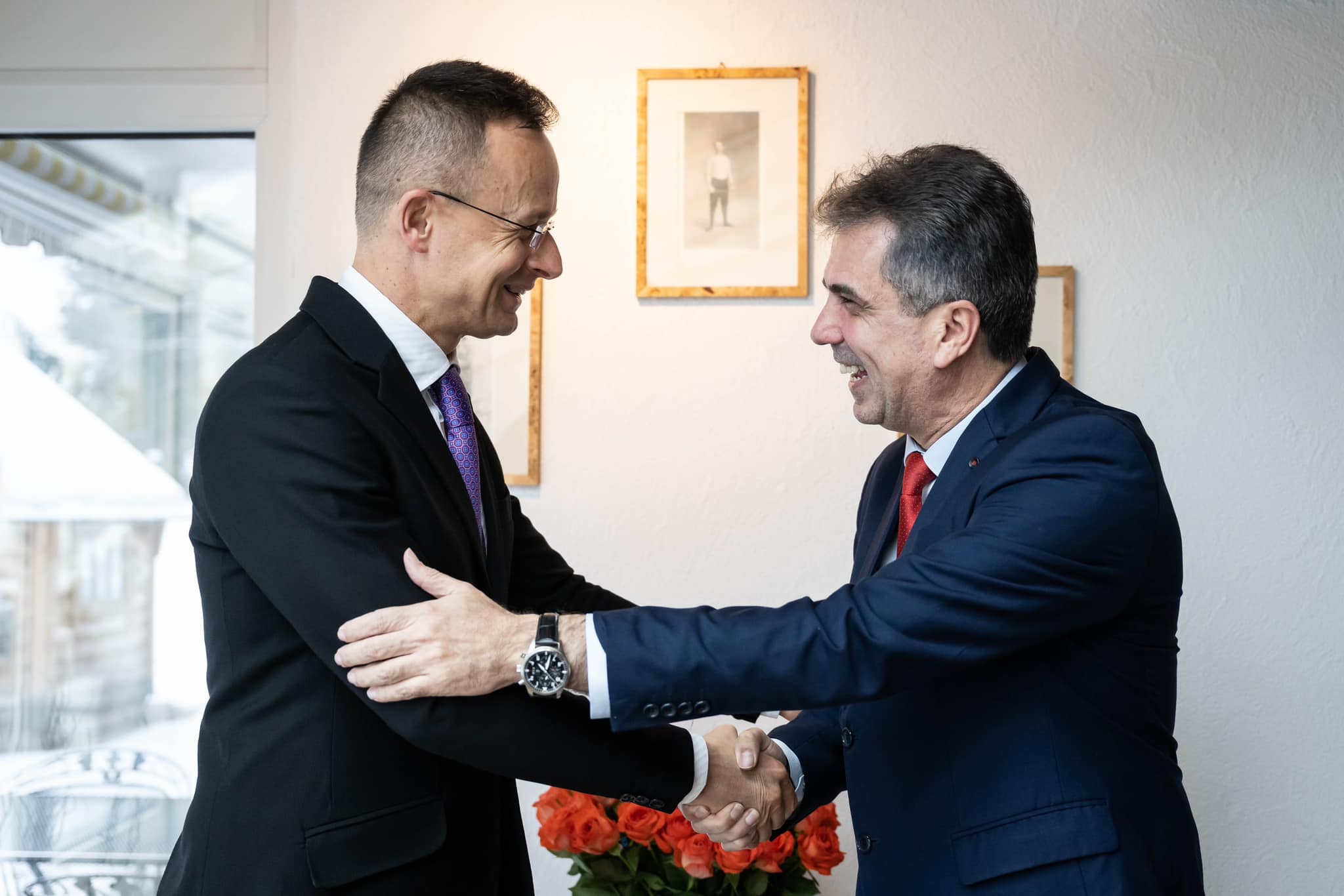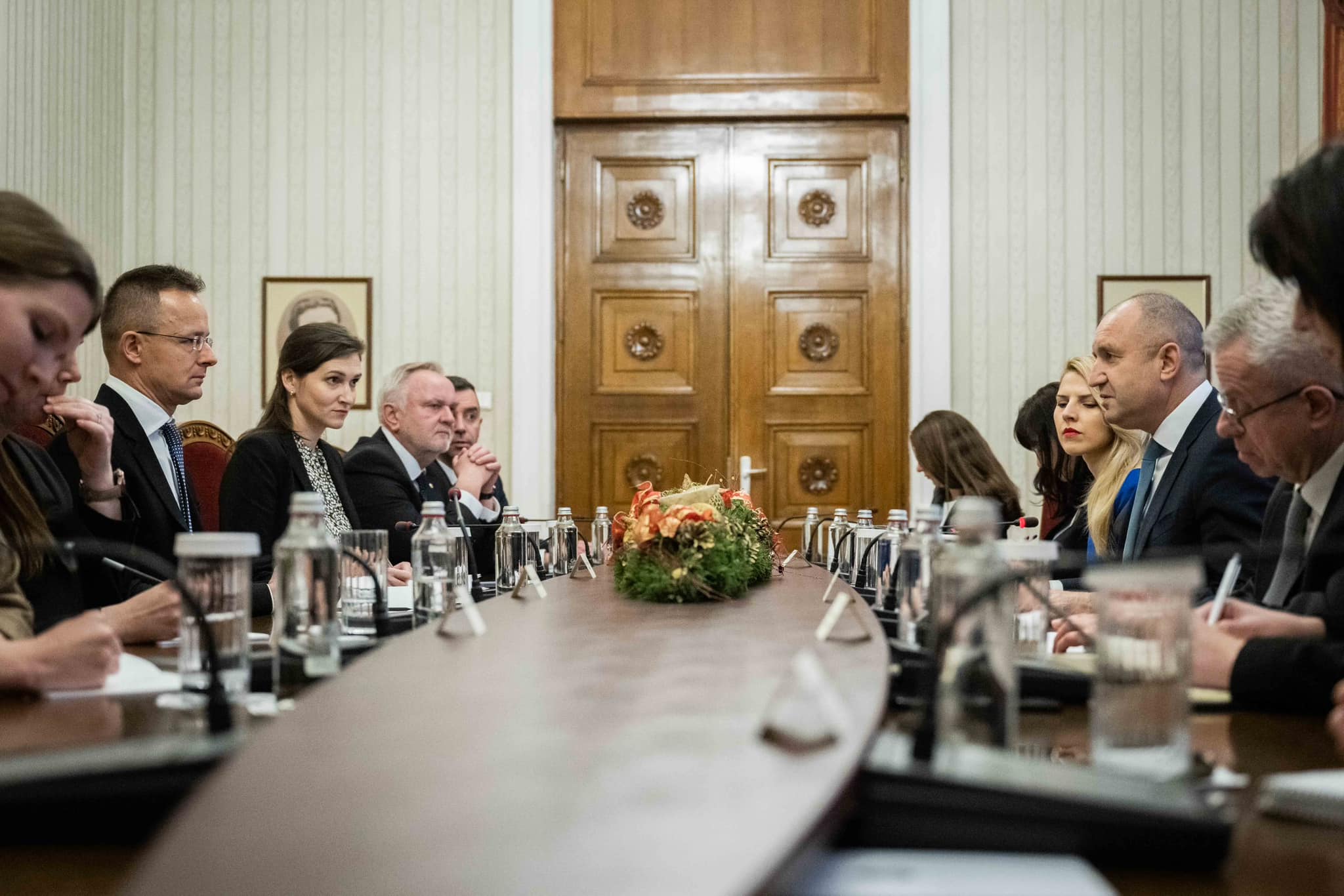Bringing East and West together is key for Central Europe

Central Europe has always lost out on conflict between geopolitical blocs, and so sees faltering cooperation between the east and the west as “the worst possible news”, Foreign Minister Péter Szijjártó told a panel discussion at the World Economic Forum in Davos.
Hungary and the region has a vested economic and national security interest in pragmatic cooperation between east and west based on mutual respect and advantages, the ministry quoted Szijjártó as saying.
That project has been up in the air since the end of 2021, along with Eurasian cooperation, a sound baseline for cooperation up to then, he said.
To reverse that process, “mutual respect will [need to] return into international politics – unfortunately, we have seen a total lack of mutual respect. Second, everyone should understand that physical realities cannot be overridden either by political approach or by ideology…. Communication channels will have to be kept open between those who are not very happy to talk to each other,” he said.
Regarding globalisation, the foreign minister said international powers had used it to “aggressively spread their political narratives” worldwide, and stigmatised non-mainstream opinions in the process.
He said central Europe could see much worse times than the cold war in the coming period. “It might look different from hundreds or thousands of kilometres away, but Russia is part of reality, the closer we are to it, the more it is a reality,” he said. Maintaining channels of communication is key, “or the world will give up every hope” of peace in Ukraine, he said.
Touching on the conflict between the US and China, Szijjártó said there were “political efforts” to wean the western economy from China, but they have not impacted the private sector. He pointed to Hungary as an example which he said had become a “European hub for electric transition”.
Seven of the 10 largest manufacturers of batteries for electric cars are Chinese, and they are indispensable for western car companies, he said.
Asked whether the Hungarian government was trying to make its “infringements on human rights” acceptable by making the country indispensable in European car manufacturing, Szijjártó said “our government is clearly not one of the liberal mainstream; it is right-wing, patriotic and Christian Democrat, which is unusual in Europe. The liberal mainstream will always criticise the leadership because of that, but they have to respect the fact that the ruling parties won landslide victories in the past four elections,” he said.
Source: MTI


